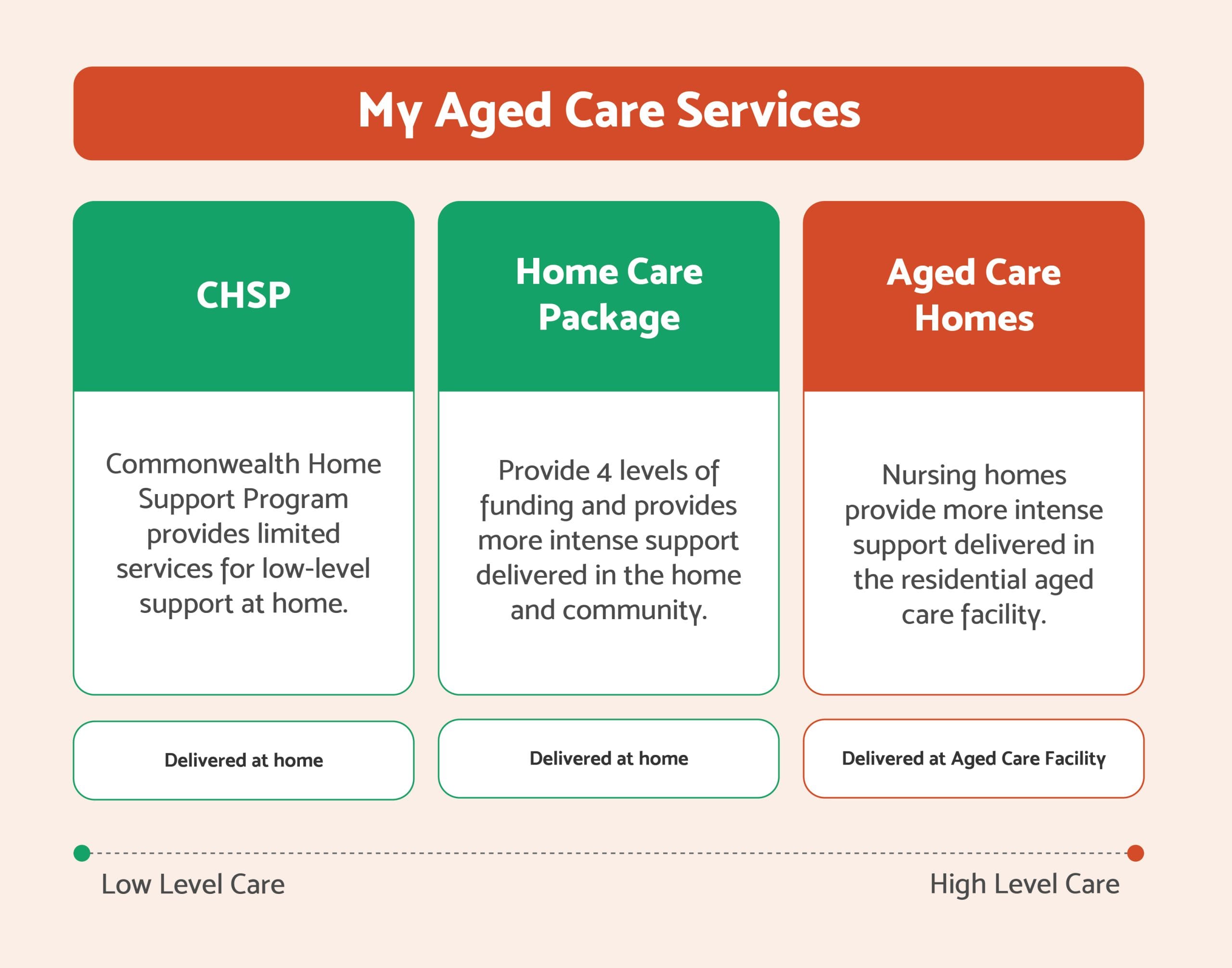Navigating NDIS plans through the lens of home care providers
Navigating NDIS plans through the lens of home care providers
Blog Article
Everything About Home Treatment Solutions for People With Disabilities: NDIS Registered Support
Home care solutions under the NDIS play an essential function in sustaining individuals with disabilities. These services are developed to enhance day-to-day living via customized aid, ranging from personal like wheelchair support. Recognizing exactly how to browse these options can be complicated. This review explores the different facets of NDIS home treatment, from available services to the selection of companies, highlighting important factors to consider for those looking for support. The journey toward equipped treatment starts here.
Recognizing the NDIS and Its Purpose
The National Handicap Insurance Policy Plan (NDIS) acts as a transformative structure created to supply assistance and solutions for people with handicaps. Established to improve the lifestyle and warranty fair accessibility to essential sources, the NDIS encourages individuals by supplying customized strategies customized to their unique needs. It aims to foster independence, enabling individuals to pursue their individual goals and aspirations.Through a structured approach, the NDIS allots funding for various supports, including education and learning, employment help, and area participation. This all-inclusive system not only concentrates on prompt care but likewise stresses long-lasting developing end results. By advertising option and control, the NDIS urges individuals to choose their recommended provider, ensuring that treatment lines up with their worths and choices. Ultimately, the NDIS represents a substantial dedication to improving the lives of individuals with handicaps, cultivating inclusivity, and developing a much more helpful society.
Types of Home Treatment Provider Available
Numerous sorts of home care services accommodate individuals with handicaps, primarily concentrating on individual care assistance and break care alternatives. Personal care aid offers vital support with everyday tasks, while break treatment supplies short-term relief for primary caregivers. Comprehending these solutions is vital for ensuring the wellness of both people with impairments and their family members.
Personal Care Support
While navigating everyday life can offer obstacles for individuals with specials needs, personal treatment support offers crucial assistance customized to their special demands. This sort of home care solution encompasses a variety of activities designed to promote self-reliance and improve high quality of life. Individual care assistants help with daily tasks such as bathing, clothing, brushing, and toileting, guaranteeing people maintain personal health and convenience. They may likewise aid with dish prep work, drug management, and flexibility support. By giving customized care, these professionals encourage individuals to engage even more completely in their social tasks and day-to-day regimens. On the whole, individual care support plays a considerable function in promoting self-respect and freedom for those with impairments, permitting them to thrive in their home atmosphere.

Break Treatment Options
Break care works as a crucial source for families and caretakers of people with handicaps, supplying short-lived remedy for the needs of day-to-day caregiving. This kind of solution can take numerous types, consisting of at home reprieve treatment, where skilled specialists visit the home to aid with treatment tasks. Conversely, families might choose facility-based respite care, where individuals get care in a specialized setting, enabling caretakers to relax. Additionally, some companies use emergency break services for unpredicted conditions. These options not just help ease caregiver tension yet also promote the well-being of individuals with specials needs by providing them new experiences and social communication. In general, break care plays a vital duty in sustaining both caregivers and those they look after.

Exactly How to Accessibility NDIS Home Treatment Services
Accessing NDIS home treatment solutions includes understanding the eligibility standards stated by the National Handicap Insurance System. Individuals need to browse a structured application procedure to safeguard the required support tailored to their needs. This section will clear up both the qualification requirements and the actions included in requesting solutions.
Qualification Criteria Described
To get NDIS home treatment solutions, individuals have to satisfy particular eligibility criteria that evaluate their requirements and circumstances. Applicants have to be matured between 7 and 65 years and have a substantial and permanent disability that influences their capacity to do daily activities. Furthermore, they need to be an Australian person, an irreversible homeowner, or hold a Protected Unique Category Visa. The NDIS calls for proof of the special needs, generally via medical analyses or records. People must demonstrate that they need support to participate in financial and social life. These criteria guarantee that solutions are routed in the direction of those that genuinely need help, advertising self-reliance and enhanced lifestyle for people with disabilities.
Application Refine Steps
Can I Pick My Very Own Assistance Employees Via NDIS?
The individual asked whether they might pick their own support workers under the NDIS framework. Normally, individuals have the versatility to select support employees, cultivating individualized treatment that lines up with their specific demands and choices.
What Happens if My Needs Adjustment After Getting Assistance?
If an individual's needs adjustment after obtaining assistance, they should communicate these changes to their company. Modifications can be made to the care strategy, making certain that the assistance continues to be pertinent and efficient for their scenarios.

Are There Limits on How Several Hours of Treatment I Can Receive?
The individual made inquiries concerning potential limitations on the variety of treatment hours got. Usually, such limitations may exist based upon certain policies or moneying setups, stressing the importance of reviewing arrangements and guidelines consistently.
Can I Utilize NDIS Funding for Home Adjustments?
The question of using financing for home alterations occurs often. Normally, individuals may use NDIS funding for needed alterations to their homes, ensuring discover this info here accessibility and safety, contingent upon conference particular eligibility criteria and guidelines.
Exactly how Do I Deal with Problems Regarding My Home Care Services?
To resolve issues about home treatment services, individuals should initially document their problems. Then, they can interact directly with their company, looking for resolution, or escalate the issue to pertinent oversight bodies if necessary. Home care solutions under the NDIS play a critical duty in supporting people with handicaps. Numerous types of home treatment services cater to individuals with handicaps, mainly concentrating on personal care assistance and break care alternatives. home care package providers. Personal care assistance gives important assistance with everyday activities, while respite care provides temporary relief for key caregivers. Family members may opt for facility-based respite treatment, where individuals Continued receive treatment in a specific setting, enabling caretakers to take a break. Just how can families efficiently take care of the economic facets of home care solutions for individuals with disabilities?
Report this page